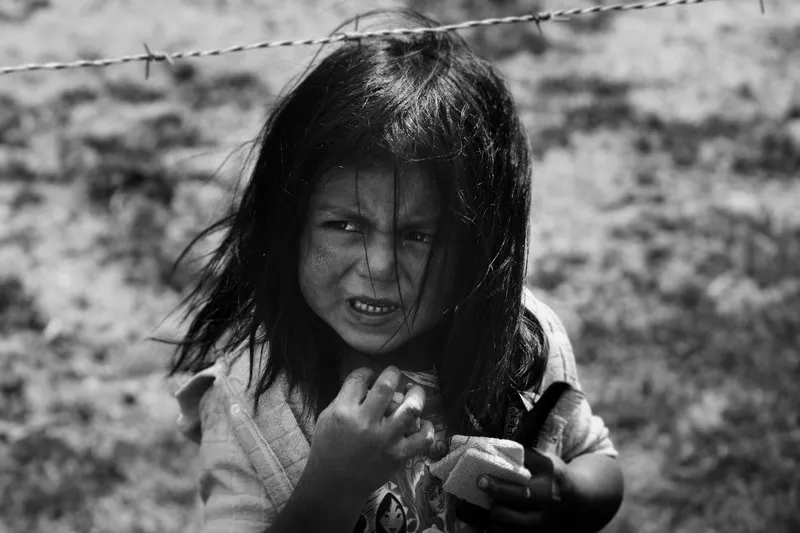Stigmatization is a social process that involves the labeling, stereotyping, and marginalization of individuals or groups based on certain characteristics or attributes. In the context of health, stigmatization can have significant impacts on individuals’ well-being and can contribute to the development of health inequalities. This article will outline and explain how stigmatization leads to health inequalities in society.
1. Social Determinants of Health
Before delving into the link between stigmatization and health inequalities, it is essential to understand the concept of social determinants of health. These are the social, economic, and environmental conditions in which people live and work, which have a profound influence on their health outcomes. Stigmatization acts as a barrier to accessing resources and opportunities, thereby exacerbating existing health disparities.
2. Stigma and Mental Health
Stigmatization can have detrimental effects on mental health, leading to increased levels of stress, anxiety, and depression. When individuals are stigmatized based on their mental health conditions, they may face discrimination, social exclusion, and limited access to healthcare services. This can result in delayed or inadequate treatment, further worsening their mental health and overall well-being.
Moreover, the fear of being stigmatized often prevents individuals from seeking help or disclosing their mental health issues. This delay in seeking support can lead to the progression of mental health conditions, making them more challenging to treat and manage effectively.
3. Stigma and Infectious Diseases
Stigmatization also plays a significant role in the spread and management of infectious diseases. Individuals who are stigmatized due to their health conditions, such as HIV/AIDS or tuberculosis, may face discrimination, isolation, and reduced access to healthcare services. This can lead to delayed diagnosis, inadequate treatment, and increased transmission rates within stigmatized communities.
Furthermore, stigmatization can hinder prevention efforts as individuals may be reluctant to engage in behaviors such as testing, using protection, or adhering to treatment regimens due to the fear of being stigmatized. This perpetuates the cycle of infection and contributes to the disproportionate burden of infectious diseases within marginalized populations.
4. Stigma and Chronic Health Conditions
Chronic health conditions, such as obesity, diabetes, or addiction, are often stigmatized in society. This stigmatization can have adverse effects on individuals’ physical and mental well-being. Stigmatized individuals may experience reduced access to healthcare, limited employment opportunities, and social isolation, which can negatively impact their overall health outcomes.
Moreover, the internalization of stigma can lead to self-blame, low self-esteem, and a sense of hopelessness, further exacerbating the health disparities experienced by stigmatized individuals. This can create a cycle where individuals engage in unhealthy behaviors or avoid seeking appropriate care, leading to the progression of their chronic health conditions.
5. Intersectionality and Multiple Stigmas
It is important to acknowledge that individuals may face multiple stigmas simultaneously based on various aspects of their identity, such as race, gender, sexuality, or socioeconomic status. These intersecting stigmas can compound the health inequalities experienced by marginalized communities.
For example, individuals from racial or ethnic minority groups may face discrimination and stigmatization, leading to limited access to healthcare, higher rates of chronic diseases, and poorer health outcomes. Similarly, individuals who identify as LGBTQ+ may face stigmatization, resulting in increased mental health issues, substance abuse, and higher rates of sexually transmitted infections.
Conclusion
Stigmatization is a complex social process that perpetuates health inequalities in society. It affects individuals’ mental and physical well-being, hinders access to healthcare services, and contributes to the disproportionate burden of diseases within marginalized communities. Addressing stigmatization is crucial in creating a more equitable and inclusive healthcare system that promotes the well-being of all individuals, regardless of their characteristics or attributes.





